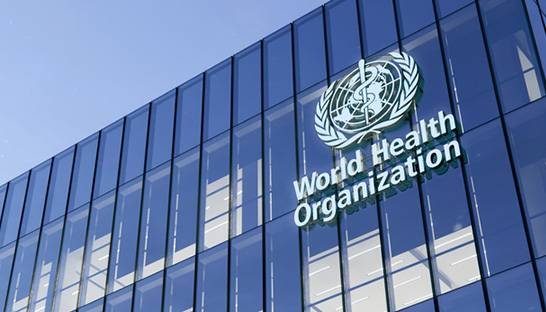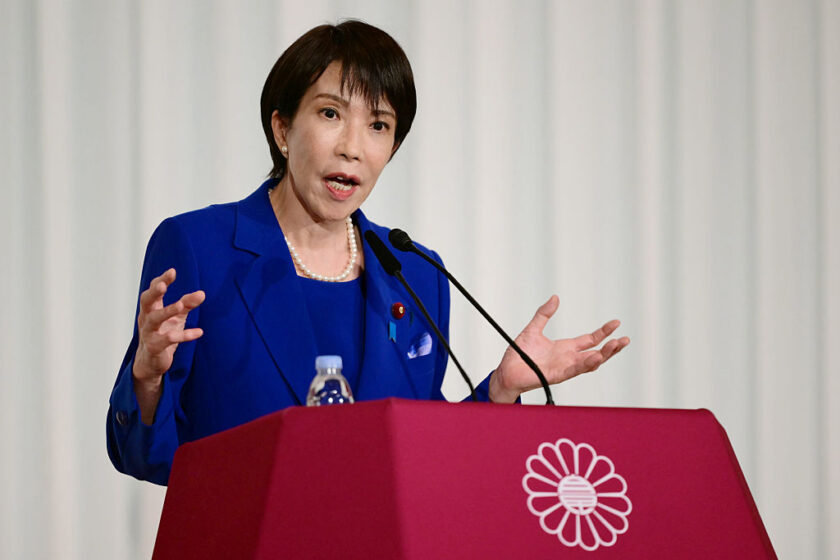Geneva – In a closed-door meeting last week, the head of the World Health Organization (WHO) urged global leaders to intervene in an attempt to convince the United States to reverse its decision to withdraw from the organization. WHO Director-General Tedros Adhanom Ghebreyesus warned that the U.S. exit would deprive the world’s health body of vital information on disease outbreaks, potentially leading to dire global health consequences.
Financial Strain and Global Health Impact

According to internal conference notes obtained by The Associated Press, the meeting also saw growing concerns about WHO’s ability to continue its work in the face of losing its largest financial contributor. In 2024–2025, the U.S. is expected to contribute around $988 million, accounting for approximately 14% of the organization’s $6.9 billion budget. With the U.S. withdrawal, WHO faces severe funding shortfalls, especially in its emergency programs and readiness functions.
German diplomat Bjorn Kummel described the situation as a “crisis,” saying, “The roof is on fire, and we need to stop the fire as soon as possible.” His comments reflect growing international concern about how WHO will handle the loss of funding for its large-scale health operations, including crucial initiatives against diseases like HIV, polio, and tuberculosis, particularly in regions like Africa and Europe.
Impact on Emergency Operations and Disease Response
WHO’s health emergency programs rely heavily on U.S. funding, with the U.S. contributing more than 80% of the organization’s readiness functions in Europe and up to 40% of funding for large-scale emergency operations. These include ongoing health crises in regions like the Middle East, Ukraine, and Sudan, all of which are at risk due to the anticipated loss of U.S. contributions.
WHO finance director George Kyriacou warned that, without the U.S. funding, the organization would be in a “hand-to-mouth” situation by mid-2026. He acknowledged that WHO has faced difficulties in securing financial support from the U.S. following President Trump’s executive order withdrawing from the organization. Furthermore, the U.S. has yet to fulfill its 2024 obligations to WHO, putting the organization further into deficit.
Diplomatic Pressure to Reverse the Decision
Tedros has continued to push for the U.S. to reconsider its withdrawal, emphasizing the critical role that American funding and collaboration play in the global health infrastructure. He expressed concern that the U.S. would face significant setbacks without access to the data and disease surveillance provided by WHO.
“I believe that everyone can contribute to that,” Tedros urged member nations at the meeting, calling on them to pressure U.S. authorities to change their stance. He stressed that while the U.S. government’s decision to exit the WHO is primarily motivated by financial concerns, the real issue lies in the loss of critical health information that will affect global responses to disease outbreaks, from mpox in Congo to Ebola in Uganda and Marburg virus in Tanzania.

Concerns Over WHO’s Sustainability
With the U.S. departure looming, diplomats from various countries, including Bangladesh and France, questioned how WHO would manage its budget shortfalls and whether essential health initiatives would be scaled back. Kummel warned that the loss of U.S. funding would have devastating effects on WHO’s ability to operate efficiently, posing the question, “What specific functions of WHO will collapse if the U.S. funding is no longer there?”
According to internal documents, WHO is preparing for the possibility of slashing its operations, with some departments facing potential cuts of up to 50% by the end of 2025.
Global Health at Risk
While WHO faces a financial crisis, some experts argue that the U.S. exit could spur much-needed reforms in global health governance. Matthew Kavanagh, director of Georgetown University’s Center for Global Health Policy, pointed out that the U.S. currently contributes less than 1% of its total health budget to WHO, but in return, it gains invaluable health data and viral samples that directly benefit American public health.
Dr. Michael Ryan, head of WHO’s emergencies program, acknowledged the severe blow to the organization’s operations but emphasized that member nations have the capacity to fill the gaps left by the U.S. He warned, however, that the absence of the U.S. from the WHO will likely lead to “worse health outcomes for Americans” and complicate efforts to track emerging health threats globally.
The Way Forward
The U.S. exit from WHO is a major challenge to global health cooperation and the agency’s ability to tackle worldwide health crises. As the diplomatic and financial fallout continues to unfold, the international community faces a pivotal moment in determining how to sustain global health efforts in the absence of the U.S.’s leadership and resources.
WHO’s appeal to member states and the public underscores the urgency of the situation. The world’s health system stands at a crossroads, and without the U.S. re-engagement, future responses to health emergencies may be compromised, with potentially devastating consequences for global health security.









